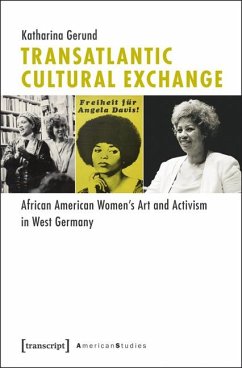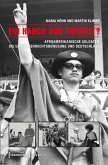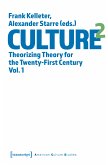From Josephine Baker's performances in the 1920s to the 1970s solidarity campaigns for Angela Davis, from Audre Lorde as »mother« of the Afro-German movement in the 1980s to the literary stardom of 1993 Nobel Laureate Toni Morrison, Germans have actively engaged with African American women's art and activism throughout the 20th century. The discursive strategies that have shaped the (West) German reactions to African American women's social activism and cultural work are examined in this study, which proposes not only a nuanced understanding of »African Americanizations« as a form of cultural exchange but also sheds new light on the role of African American culture for (West) German society, culture, and national identity.
Dieser Download kann aus rechtlichen Gründen nur mit Rechnungsadresse in A, B, BG, CY, CZ, D, DK, EW, E, FIN, F, GR, HR, H, IRL, I, LT, L, LR, M, NL, PL, P, R, S, SLO, SK ausgeliefert werden.









